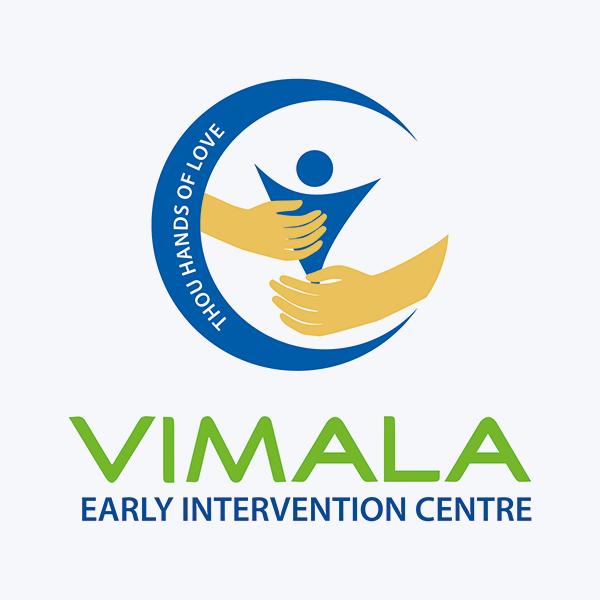Need for Early Intervention
Early detection is crucial for identifying neurodevelopmental issues early in life. Early intervention offers the best opportunity to bring about significant improvements in such cases. Beyond five years of age, neurodevelopmental changes are minimal, underscoring the importance of intervening during the developmental stage.
Interventions during this critical period can mitigate or lessen the severity of issues and enhance sensory-motor skills development. The involvement of professionals such as paediatricians, physiotherapists, occupational therapists, speech therapists, special educators, and psychologists is essential for comprehensive development. Integrated interdisciplinary teamwork among theseprofessionals fosters rapid progress in children.
According to 2011 Census data, 7.01% of children aged 0-6 in India have disabilities, whether congenital or acquired. Early identification and intervention services are pivotal in preventing and addressing developmental delays in young children. Early intervention refers to specialized services provided to infants, toddlers, and young children at risk of or with disabilities. Liberty (2000) defines early intervention as a philosophy aimed at mitigating the effects of biological and other factors influencing developmental outcomes during children’s formative years.
Early intervention not only provides specialized support when children are most receptive to learning and development but also serves as a crucial support system for families with exceptional children. It equips parents and siblings with coping mechanisms, fosters societal acceptance, and brings about attitudinal changes towards children facing developmental challenges.
